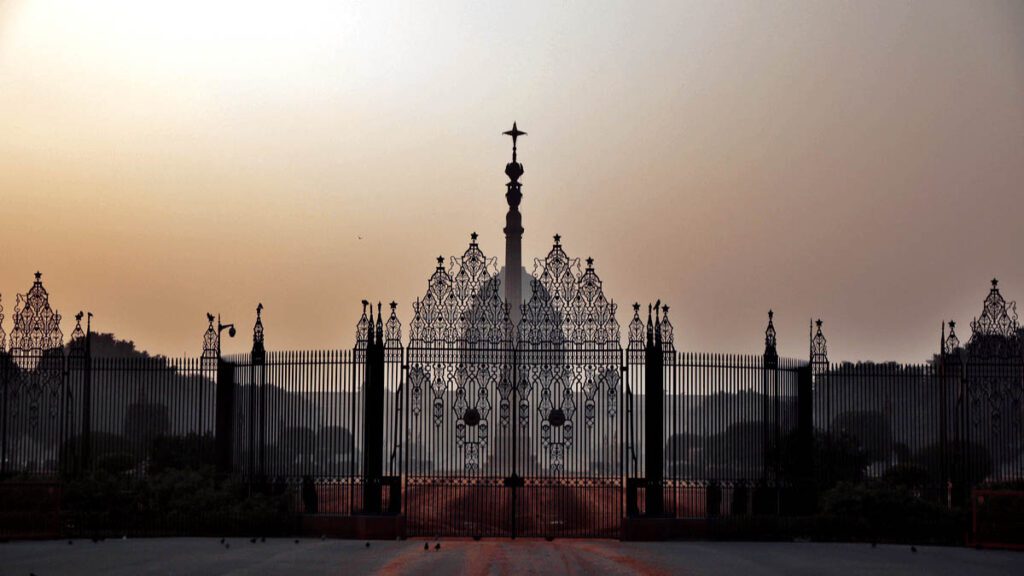Indian parliament demands regulator to oversee social media platforms

India has taken matters further with social media platforms by having a parliamentary panel recommending treating sites such as Twitter and Facebook as publishers and setting up a regulatory body to oversee them, possibly opening the companies up to more responsibility for user-generated content.
The high-level committee made recommendations as it reviewed the personal data protection bill introduced in 2019 that seeks to protect users’ privacy and enforce strict controls on how companies such as Alphabet Inc.’s Google and Amazon collect, process, and store data.
The parliamentary panel has delayed its report many times, only finalizing it a few days ago due to conflict between lawmakers on the panel over the scope of the bill’s provisions. The panel suggested a two-year implementation period to allow data firms to renovate their infrastructure, policies, and processes.
In addition, the panel is requesting stricter rules because laws treating these social media platforms as intermediaries did not accomplish enough in terms of regulation, while the provisions in the personal data protection bill are too broad.
“This law is aimed at protecting user privacy and placing strict controls on the collection, storage and use of personal data by internet firms such as Google and Amazon,” a report by Bloomberg noted.
P. P. Chaudhary, a lawmaker from the ruling Bharatiya Janata Party who heads the panel, said the report’s recommendations will be presented in parliament when it comes into session from Nov. 29. He declined to discuss the contents of the report.
As such, the recommendations could have an impact on the operations of public and private companies in the largest social media market globally, if they are included in the revised bill and get passed in parliament. Offenses under this bill can be punishable with fines of up to 4 percent of social media companies’ annual global turnover, similar to penalties in the European Union.
Social media firms in India are not legally responsible for content published by their users as long as they meet the Intermediary Guidelines introduced this year. These guidelines include establishing local offices, removing content flagged by the government as ‘harmful’ upon request, and appointing compliance managers.
Data skyrocketed in the Indian market with the widespread and rapid adoption of smartphones, however, the government of Prime Minister Narendra Modi has been criticized for failing to keep pace with lawmaking.
India’s Supreme Court ruled in 2017 that data privacy is a fundamental right, but it was another two years before any data protection legislation was implemented.
